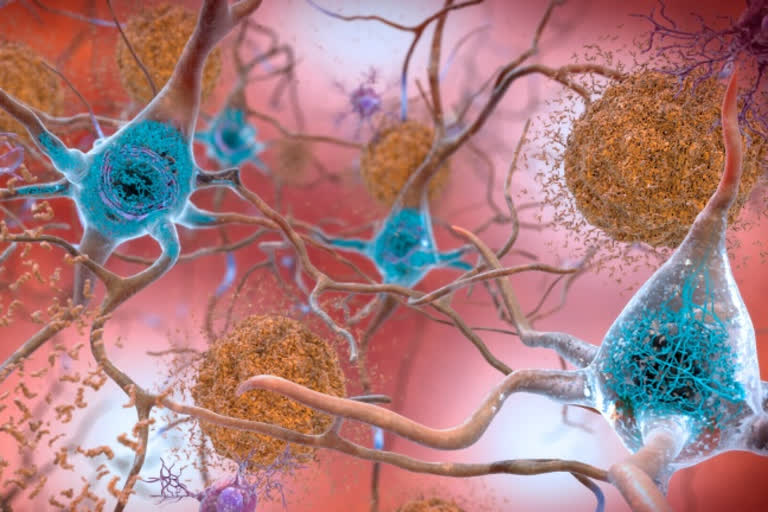Hyderabad: An experimental Alzheimer’s drug modestly slowed the brain disease’s inevitable worsening, researchers reported Tuesday - but it remains unclear how much difference that might make in people’s lives. Japanese drugmaker Eisai and its U.S. partner Biogen had announced earlier this fall that the drug lecanemab appeared to work, a badly needed bright spot after repeated disappointments in the quest for better Alzheimer’s treatments.
Now the companies are providing full results of the study of nearly 1,800 people in the earliest stages of the mind-robbing disease. The data was presented at an Alzheimer’s meeting in San Francisco and published in The New England Journal of Medicine. U.S. regulators could approve the drug as soon as January.
Every two weeks for 18 months, study participants received intravenous lecanemab or a dummy infusion. Researchers tracked them using an 18-point scale that measures cognitive and functional ability. Those given lecanemab declined more slowly - a difference of not quite half a point on that scale, concluded the research team led by Dr. Christopher van Dyck at Yale University.
That’s a hard-to-understand change, but measured a different way, lecanemab delayed patients’ worsening by about five months over the course of the study, Eisai’s Dr. Michael Irizarry told The Associated Press. Also, lecanemab recipients were 31% less likely to advance to the next stage of the disease during the study.
“That translates to more time in earlier stages” when people function better, Irizarry said. But doctors are divided over how much difference those changes may make for patients and families. “It is unlikely that the small difference reported in this trial will be noticeable by individual patients,” said Dr. Madhav Thambisetty of the National Institute on Aging, who noted he wasn’t speaking for the government agency.
He said many researchers believe a meaningful improvement would require at least a difference of a full point on that 18-point scale. But Dr. Ron Petersen, an Alzheimer’s expert at the Mayo Clinic, said the drug’s effect was “a modest one but I think it’s clinically meaningful” - because even a few months’ delay in progression could give someone a little more time when they’re functioning independently.
The trial is important because it shows a drug that attacks a sticky protein called amyloid - considered one of several culprits behind Alzheimer’s - can delay disease progression, said Maria Carrillo, chief science officer for the Alzheimer’s Association. “We all understand that this is not a cure and we’re all trying to really grasp what it means to slow Alzheimer’s, because this is a first,” Carrillo said.
